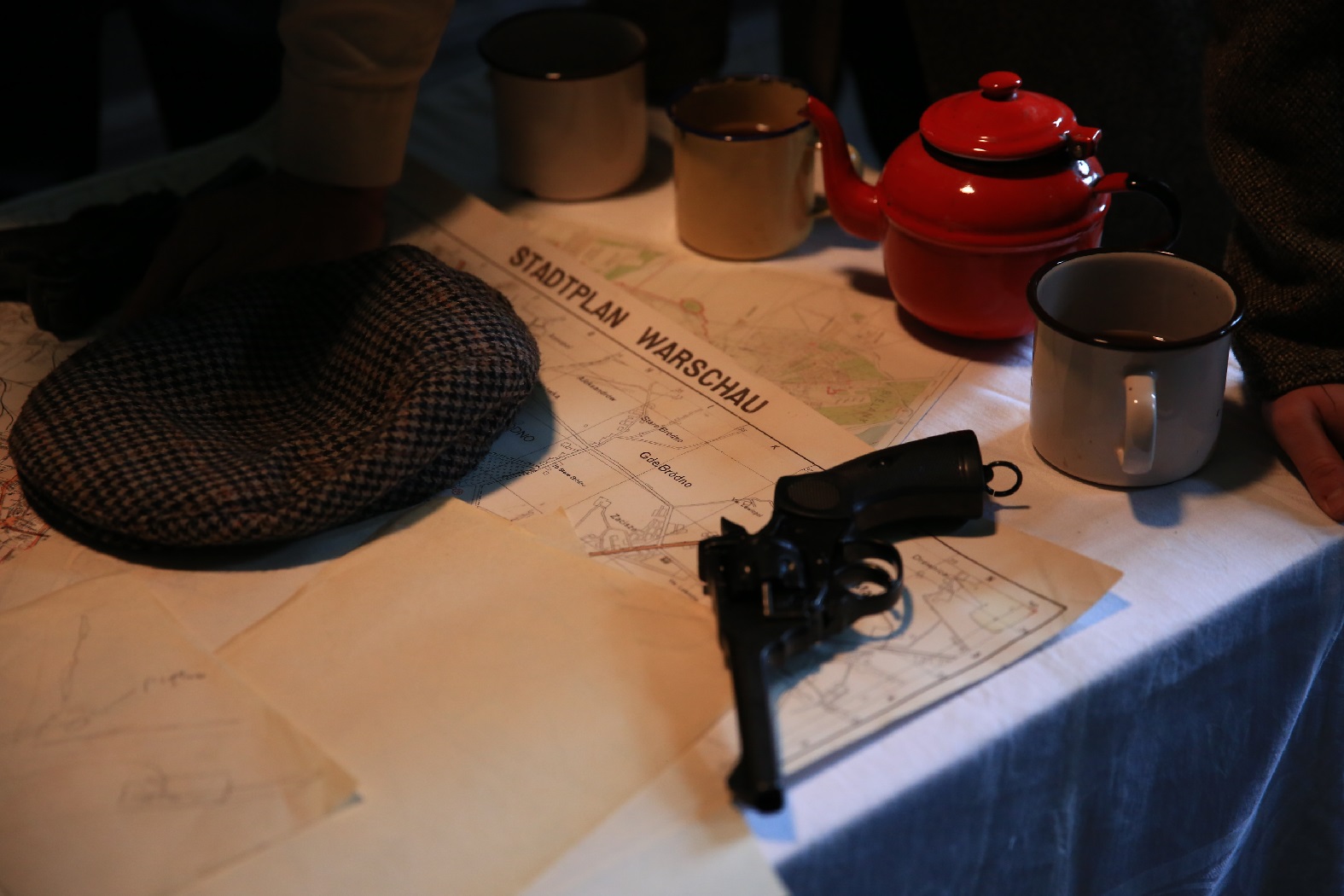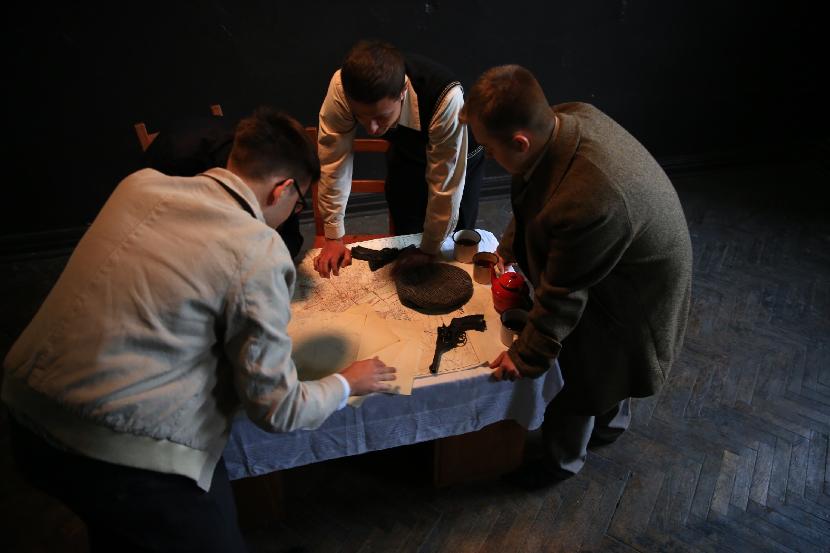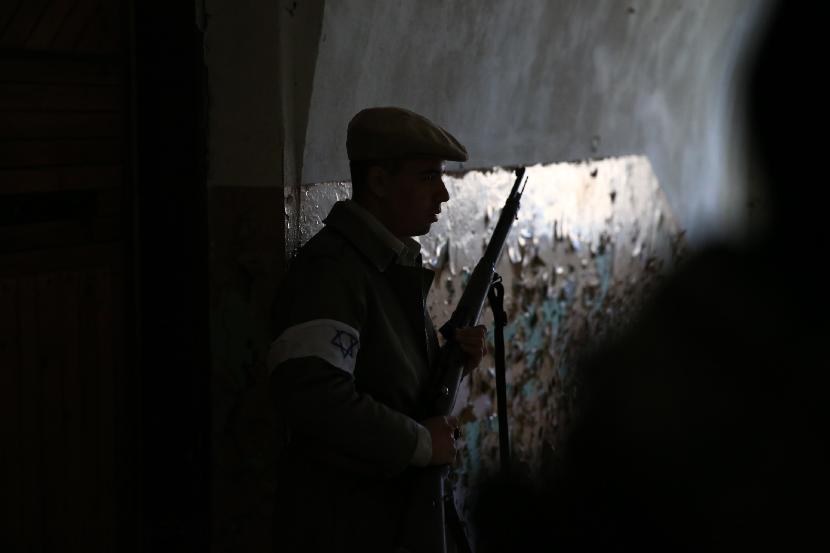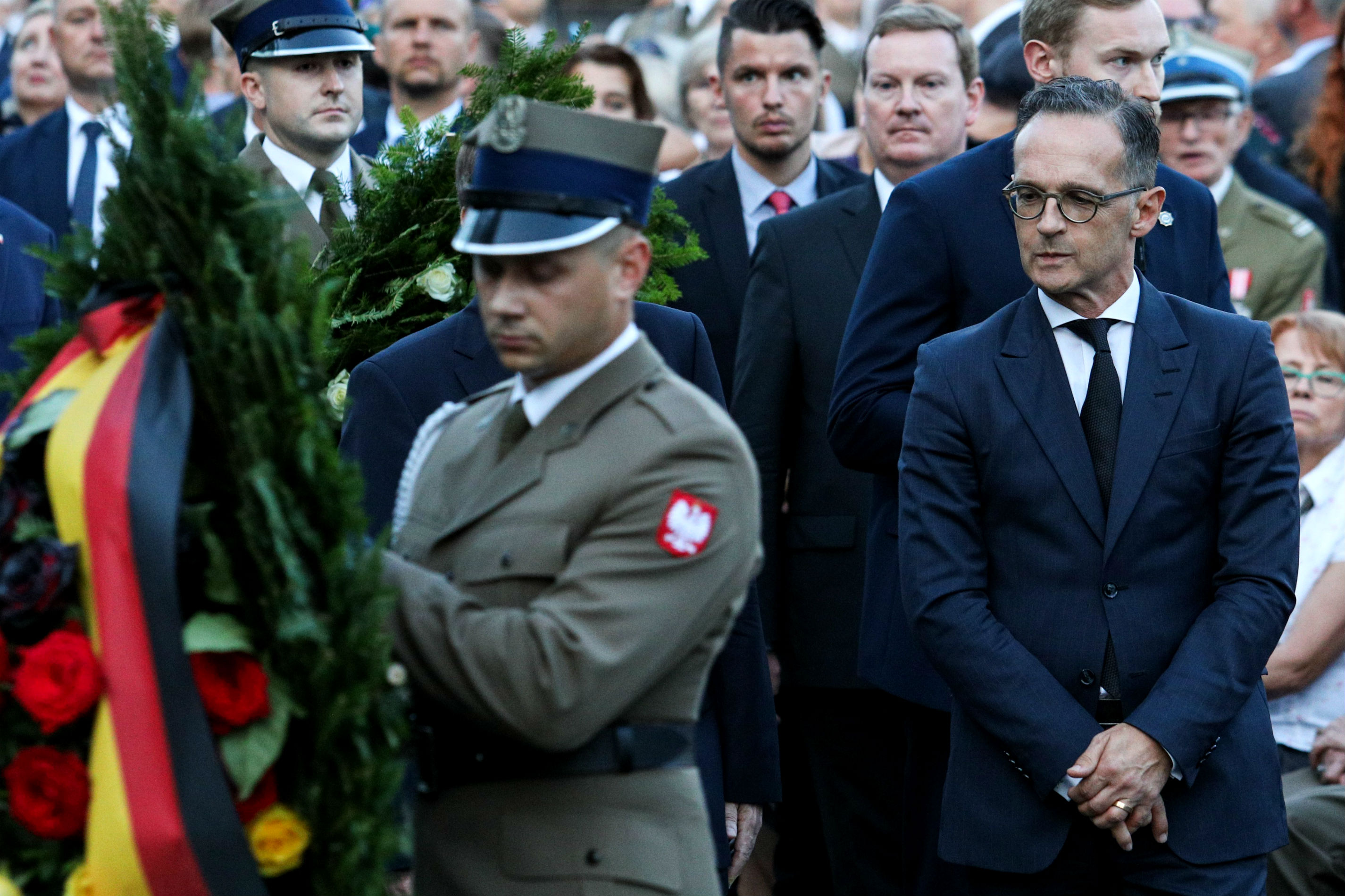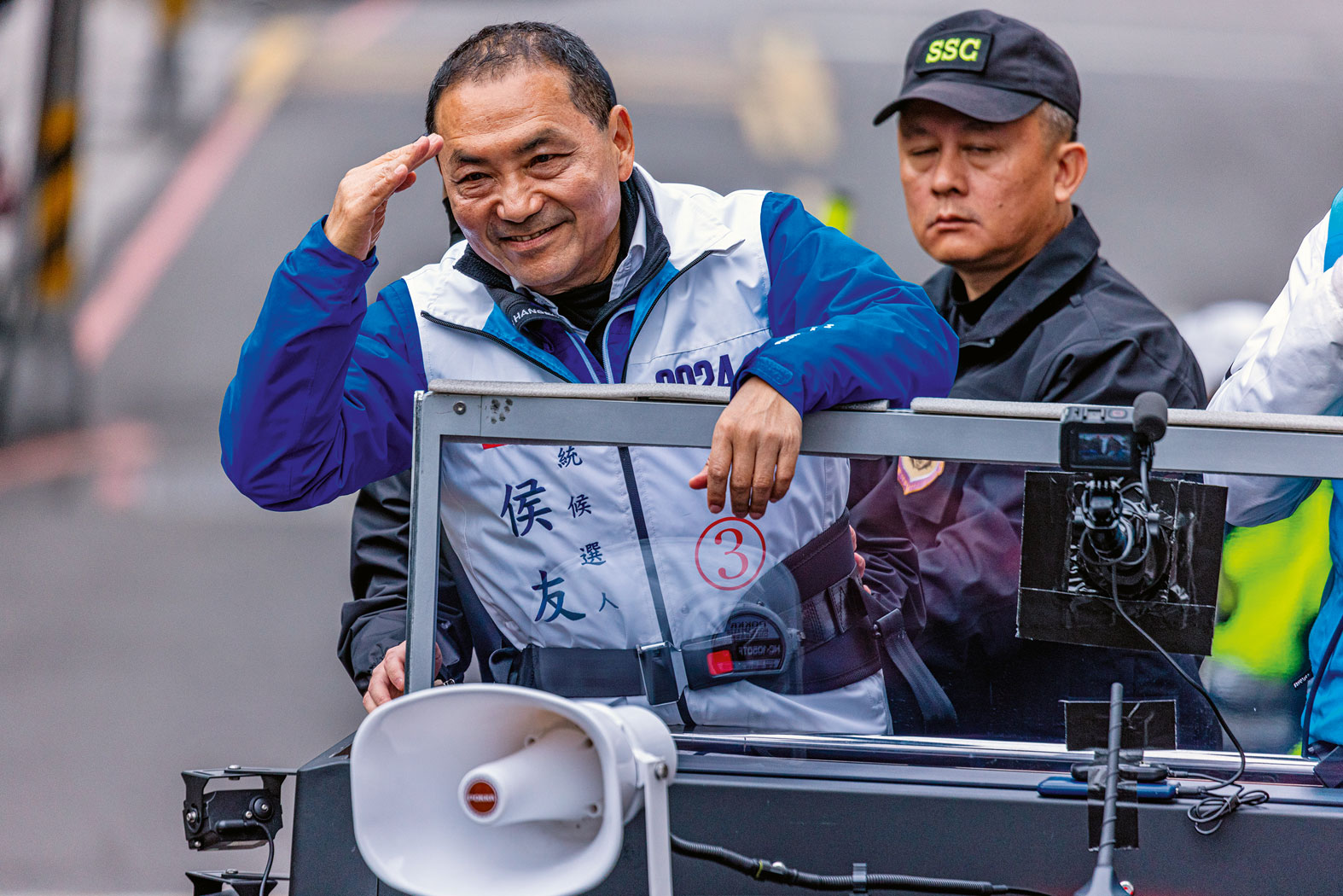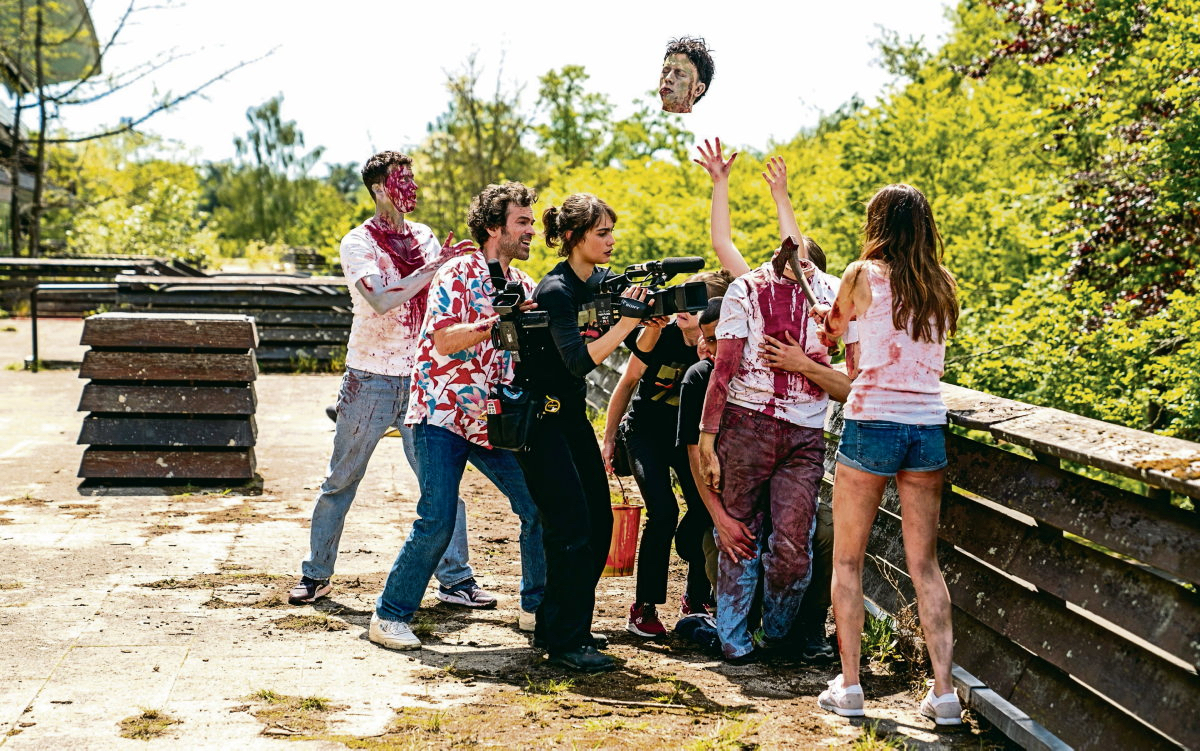Jochen Böhler is one of the few German historians who thoroughly researches the September Campaign and German crimes against Polish citizens in 1939. He is also one of the experts for the unique documentary “Underground Army”. The documentary tells the story of the Polish underground state and how it joined the fight against the occupiers and changed the course of the Second World War. The four-episode series will premiere August 1 at 8 p.m. 10:00 p.m. on Polsat Viasat History, and we chat with Jochen Böhler about why the Polish underground army was one of the most underrated resistance organizations in Europe.
The four-episode “Underground Army” series, which premieres August 1 at 10 p.m. History of Polsat Viasat, tells how the Polish Underground State engaged in the fight against the occupiers and changed the course of the Second World War. Was it difficult to present such a rich story in such a form – but quite limited in time?
Jochen Böhler: I was not actively involved in the production of the series and was only one of the historians interviewed. However, I know from my own experience that it is always difficult to reduce complex historical subjects to their essence without distorting reality. However, it is possible. I believe that as historians we have a responsibility to bring our knowledge to the public beyond thousands of books of pages. Finding the right balance between reduction and information is a challenge we constantly face.
You are the author of numerous books devoted to the Second World War and German-Polish relations during the war. Where does your interest in this subject come from?
JB: During my studies at a German university in the 1990s, I realized that in the West, the history of the Second World War is well documented in terms of the Holocaust and the German attack on the USSR. in 1941. On the German occupation of Poland in 1939-1944/45, there were only a few reliable books available in German or English. Consequently, there were – and still are – many blank spaces in the Western perception of the effects of war and occupation in Eastern Europe. For example, I wrote my thesis on the crimes of the German army – the Wehrmacht – in Poland in 1939. Until its publication in the West, it was believed that German soldiers only participated in the massacre of tens of thousands of Poles and Jews only at the end of 1939. This perception was, of course, completely erroneous.
In the program “Underground Army” there are reports that the AK was the largest resistance movement in Europe, although hardly recognizable. What were the reasons?
JB: Here, we have to talk about politics and propaganda. The Germans, of course, had no interest in letting the world know about the resistance movement in the countries they occupied. Outside of German-besieged Europe, the Allies control the media. Media in the United States, Britain, and Free France tended to support the French resistance, while Soviet media supported Communist partisans in Eastern and Southeastern Europe. Stuck between East and West, the Polish resistance movement has no real lobby. Moreover, the West had to deal with Stalin and his ambitions in Central Europe, so it was reluctant to openly support a partisan movement that was not only anti-German but also anti-Communist and operated in what the Soviet Union saw as its sphere of interest.
What impact did the emergence of such a large underground army have on the situation in occupied Poland?
JB: Because the Home Army had hundreds of thousands in its ranks, the connection to the rest of society was much more reliable than when isolated groups of partisans were left to fend for themselves. Resistance movements are always dependent on environmental support. When they don’t receive it, they have to provide it themselves, which upsets not only the occupants, but also the local population. The Polish Home Army could count not only on the Polish resistance structures, but also on the acceptance and active support of a large part of the Polish population. At the same time, the fact that the Polish resistance enjoyed broad public support did not go unnoticed by the Germans. This psychological factor contributed greatly to the feeling of insecurity that constantly surrounded the meager German occupying forces in Poland.
What was the role of the Home Army in the Polish Underground State?
JB: The Home Army was the armed force of the Polish Underground State. Its tasks included those normally within the scope of the regular armed forces. It was primarily an armed struggle against the enemy, but Home Army activities also included sabotage operations and the gathering of intelligence information for the Allies. It was the Home Army that first informed the West of the start of the Holocaust in Poland.
The premiere of the documentary broadcast on the Polsat Viasat History channel coincides with the 78th anniversary of the outbreak of the Warsaw Uprising. Tell me, please, what role did the underground state play in this insurrection?
JB: The Home Army was so effective because it was part of the structure of the Polish underground state. These two elements are inseparable: without a Clandestine State there is no Home Army, and without a Home Army there is no Clandestine State. This also applies to the Warsaw Uprising.
The premiere of the documentary will take place on August 1 at 22:00 on the channel History of Polsat Viasat. Subsequent episodes are scheduled to air on Mondays at the same time. Watch on Polsat Box, position 69.
Policy 31/2022
(3374) of July 26, 2022; Story; p.73

